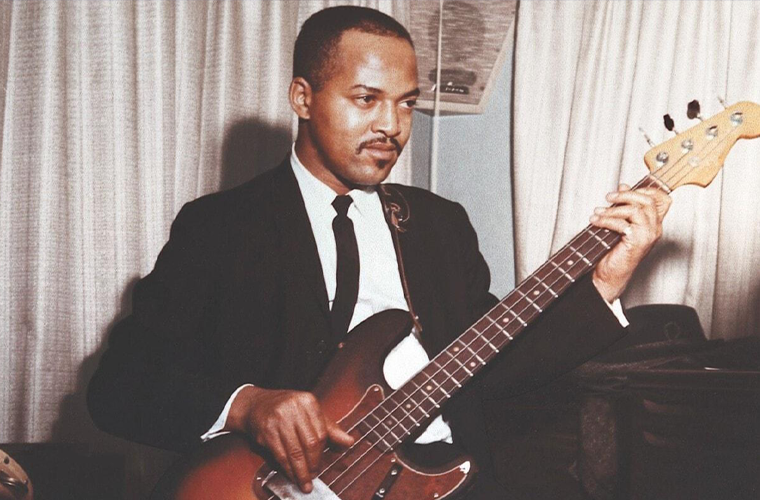James Jamerson, the legendary bassist, was a pivotal figure in shaping the iconic Motown sound that dominated the music scene in the 1960s. Despite his early death in 1983, Jamerson’s influence on bass playing and popular music as a whole remains profound. His intricate and rhythmically complex bass lines were instrumental in defining the sound of Motown’s renowned “Funk Brothers” rhythm section, yet his contributions went largely unheralded during his lifetime.
According to Ed Hogan of the All Music Guide, Jamerson “single-handedly revolutionized bass playing.” This statement speaks volumes about the impact of Jamerson’s innovative approach to the instrument. His ability to craft bass lines that were not only supportive of the melody but also rhythmically captivating set him apart as a true pioneer in the world of bass guitar. Despite his relative obscurity at the time, Jamerson’s influence on subsequent generations of musicians cannot be overstated. His legacy lives on through the countless artists who have been inspired by his work, and his impact on popular music continues to be felt to this day.






In 2002, the documentary “Standing in the Shadows of Motown” played a crucial role in bringing Jamerson’s contributions to the forefront. The film shed light on the untold story of the Funk Brothers and their indispensable role in shaping the Motown sound. Through interviews and archival footage, viewers gained a deeper understanding of Jamerson’s unparalleled talent and the profound impact he had on the music of his era. Jamerson’s bass lines were not just a backdrop; they were an integral part of the overall sound of Motown. His ability to infuse soul and groove into his playing elevated the music to new heights and set a standard for bassists to come. Songs like “My Girl” by The Temptations and “I Heard It Through the Grapevine” by Marvin Gaye are just a few examples of tracks where Jamerson’s bass playing took center stage, contributing to the timeless appeal of these classic hits.
Despite his undeniable talent, Jamerson remained a humble and unassuming figure, content to let his music speak for itself. While he may not have received the recognition he deserved during his lifetime, his posthumous acknowledgment as one of the greatest bassists of all time is a testament to the enduring impact of his work. In reflecting on Jamerson’s legacy, it becomes clear that his influence extends far beyond the realm of Motown. His innovative approach to bass playing transcended genre boundaries and inspired a new generation of musicians to push the boundaries of what was thought possible on the instrument.
The intricate nature of Jamerson’s bass lines continues to captivate and inspire aspiring bassists and music enthusiasts alike. His ability to seamlessly weave melody and rhythm together has left an indelible mark on the world of music and his contributions continue to be celebrated by those who recognize his unparalleled talent. While James Jamerson may have been an unsung hero during his lifetime, his legacy has since been rightfully acknowledged, solidifying his place as a true pioneer in the world of bass guitar. His impact on popular music is immeasurable, and his innovative spirit continues to resonate with musicians and audiences alike.
In conclusion, James Jamerson’s influence on the Motown sound and popular music at large cannot be overstated. His groundbreaking approach to bass playing revolutionized the role of the instrument and left an enduring legacy that continues to inspire musicians across generations. As we look back on his remarkable career, we are reminded of the profound impact that one individual can have on an entire musical landscape. James Jamerson may have been an unsung hero in his time, but his contributions will continue to reverberate through the annals of music history for years to come.

